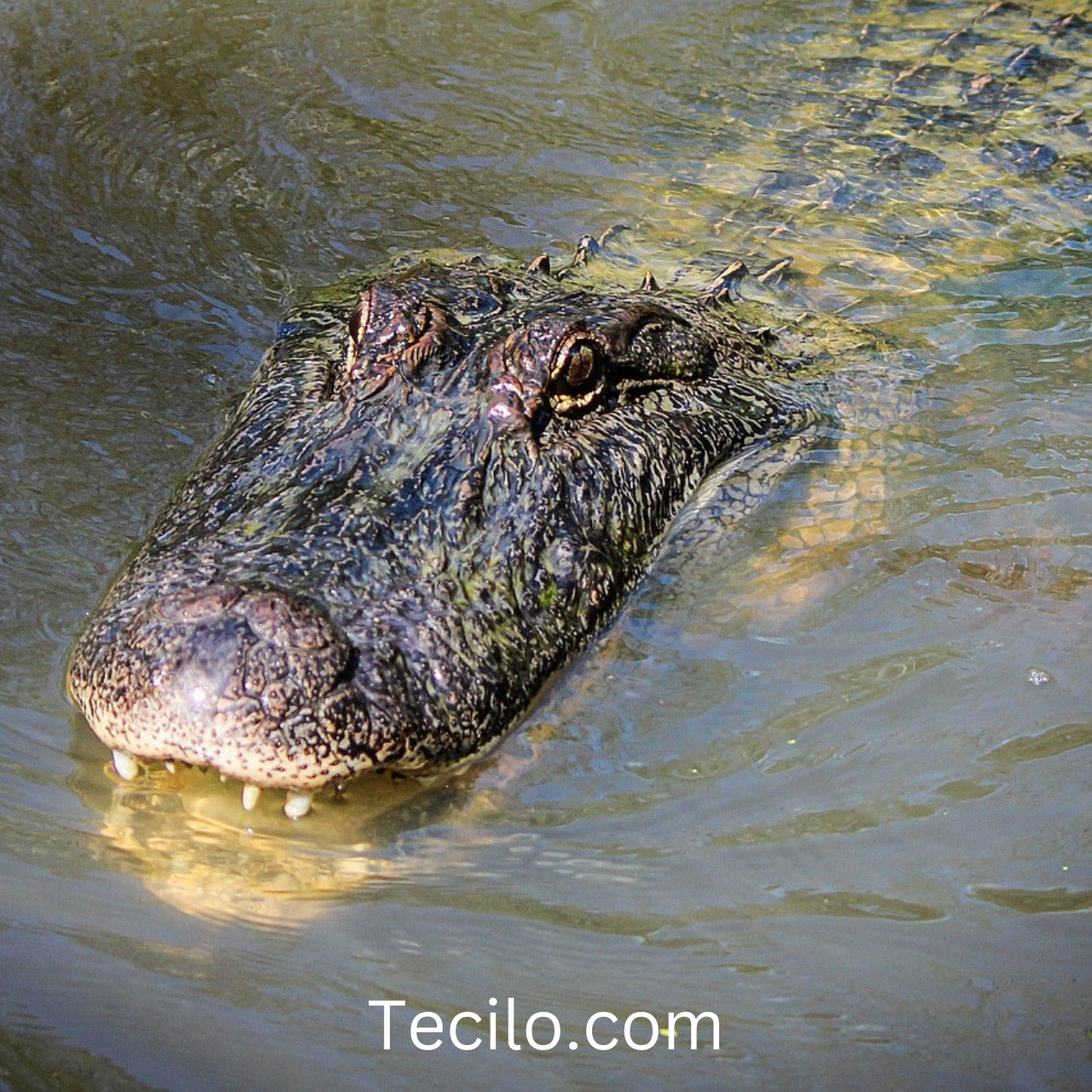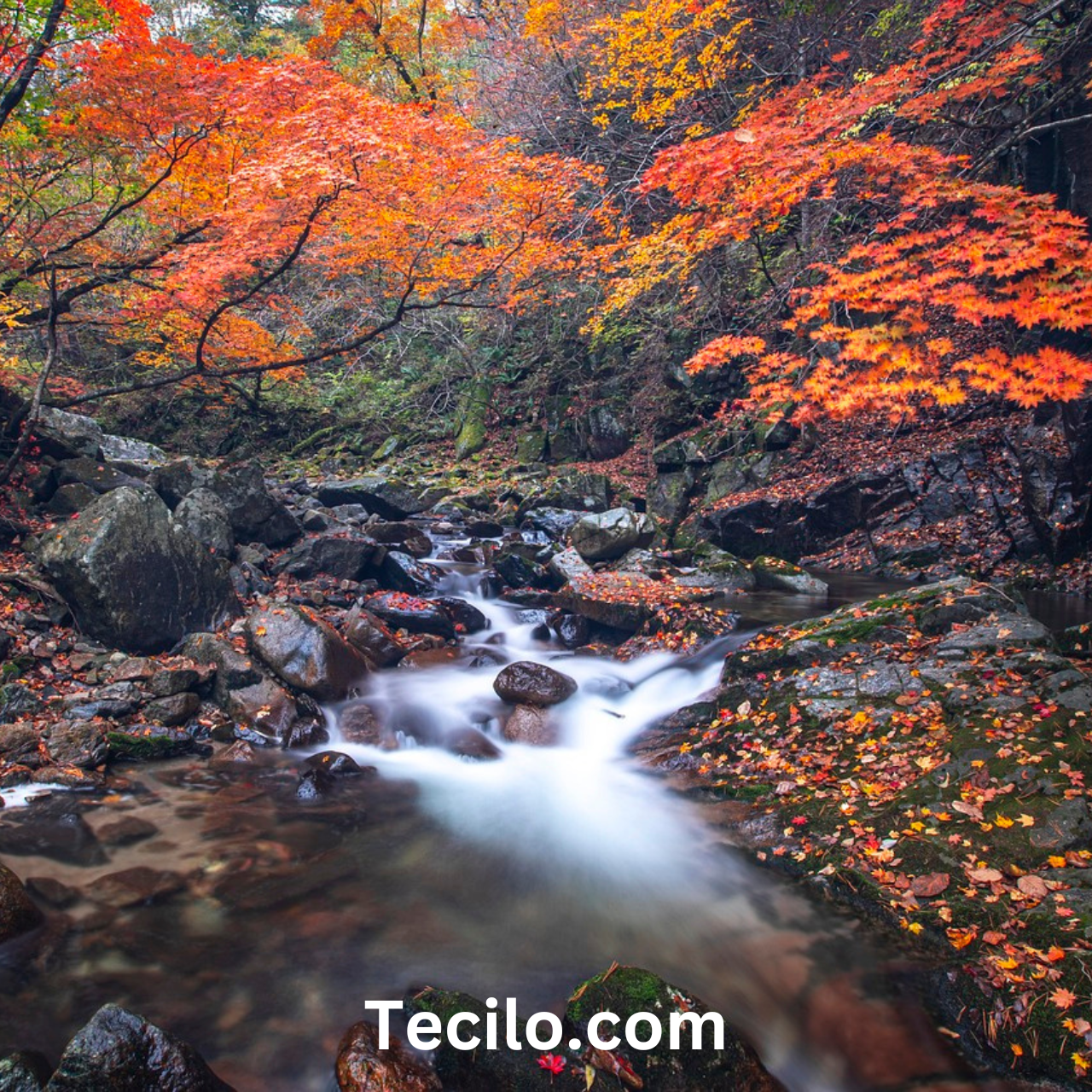
When you think of granite falls alligator washington, images of lush greenery, rivers, and mountain views might come to mind—but an alligator? Definitely not. In a surprising and highly unusual event, an alligator was spotted in granite falls alligator washington, catching the attention of both locals and wildlife experts alike. How could this creature, native to much warmer climates, end up in the Pacific Northwest? Let’s dive into this remarkable story and explore the details behind this curious sighting.
The Location – Granite Falls, Washington
Geography and Natural Beauty of granite falls alligator washington
Granite Falls, located in Snohomish County, Washington, is a small, picturesque town known for its proximity to the Cascade Mountains and its breathtaking waterfalls. The town offers an array of outdoor activities such as hiking, fishing, and nature watching. The forests and rivers that surround Granite Falls provide a habitat for a variety of native wildlife—but certainly not for alligators.
Wildlife in Granite Falls
The region is home to species like deer, bears, eagles, and the occasional coyote. The temperate rainforest climate and the abundance of water sources create ideal conditions for these animals. Yet, the idea of finding an granite falls alligator washington among these creatures was beyond anyone’s wildest imagination.
The Unexpected Visitor – An Alligator in Washington?
How the Alligator Was Discovered
In a bizarre turn of events, residents of granite falls alligator washington reported spotting an alligator near a local river. At first, many believed it to be a joke or a misunderstanding. However, after multiple sightings and photos shared online, it became clear that this was no hoax.

Understanding How an Alligator Ended Up in Washington
Alligators are typically found in the southeastern United States, in states like Florida and Louisiana. So, how did one make its way to granite falls alligator washington? One possible explanation is that the alligator was an exotic pet that someone irresponsibly released into the wild once it grew too large to manage. Although it’s illegal in many states to own an alligator, people still acquire them, leading to cases like this when the animal becomes too difficult to care for.
Why Is This Alligator Sighting So Unusual?
Native Habitats of Alligators
Alligators thrive in warm, swampy environments, where temperatures stay relatively high year-round. They are cold-blooded reptiles that need warm temperatures to regulate their body heat. Their typical habitats include freshwater environments like marshes, swamps, rivers, and lakes in the southeastern U.S.
Climate and Conditions of Washington
Washington’s climate is drastically different from what granite falls alligator washington need to survive. The colder temperatures and frequent rain in granite falls alligator washington would typically make it impossible for an alligator to survive for long. This makes the sighting even more puzzling, as experts believe the alligator might not have been in the area for an extended period of time.
Public Reactions and Media Coverage
Social Media Buzz and Local News
The news of the granite falls alligator washington spread like wildfire across social media, with photos and videos circulating online. Local news stations picked up the story, interviewing shocked residents and wildlife experts about the unusual visitor. The community was both intrigued and concerned.
Public Safety Concerns
While alligators aren’t generally aggressive unless provoked, granite falls alligator washington presence in unfamiliar environments raises safety concerns. People were advised to stay clear of the water until the animal could be captured or relocated.
The Response from Wildlife Authorities

Actions Taken by Local Authorities
Wildlife authorities quickly responded to the reports, sending granite falls alligator washington out teams to track the alligator and assess the situation. Given the animal’s non-native status, the priority was to capture it without causing harm to either the alligator or the community.
Relocation or Rescue Efforts
Once the alligator was located, it was safely captured and transferred to a suitable facility, likely an animal rescue center or zoo where it could live in a climate more appropriate for its species.
Alligator Behavior and Habits
Typical Behavior of Alligators
Alligators are opportunistic feeders, preying on fish, birds, and small mammals. They are known for their stealth, often waiting in the water with only their eyes and nostrils exposed until prey comes close.
How the Alligator Survived in Washington’s Climate
It’s possible that the alligator found temporary shelter in warmer pockets of water or took advantage of the brief warmer periods Washington experiences during the summer. However, without proper heat, it’s unlikely that it would have survived much longer.
Environmental Impact of the Alligator
Potential Impact on Local Wildlife
The presence of an apex predator like an alligator can disrupt local ecosystems. Native species may not be adapted to evade a reptile of this size, potentially leading to a decrease in certain wildlife populations.
Risks to the Ecosystem
Invasive species, such as this alligator, can upset the delicate balance of the ecosystem. The introduction of a non-native predator can lead to unintended consequences, such as competition for food sources and threats to native species.

Lessons Learned from the Sighting
Importance of Invasive Species Awareness
This incident serves as a reminder of the importance of responsible pet ownership and the dangers posed by releasing exotic animals into the wild. Invasive species can cause ecological damage and pose risks to public safety.
What Can Be Done to Prevent Future Incidents
Educating the public about the responsibilities of owning exotic animals and enforcing stricter regulations can help prevent similar occurrences. Awareness campaigns and public policies play a critical role in protecting both animals and ecosystems.
Similar Cases of Exotic Animals in Unique Places
Other Unusual Wildlife Sightings in the U.S.
The granite falls alligator washingtonis not an isolated case. There have been reports of other exotic animals showing up in unexpected places, such as pythons in Florida or big cats in the Midwest.
Reasons Behind Exotic Animal Appearances
These cases often stem from illegal pet ownership or people releasing exotic animals when they can no longer care for them. In many cases, the animals become a danger to themselves and the environment.
Local Community’s Response
How Granite Falls Residents Reacted
The sighting sparked a mix of curiosity and concern among the residents. Some were excited to witness such a rare occurrence, while others worried about the safety of their families and pets.





